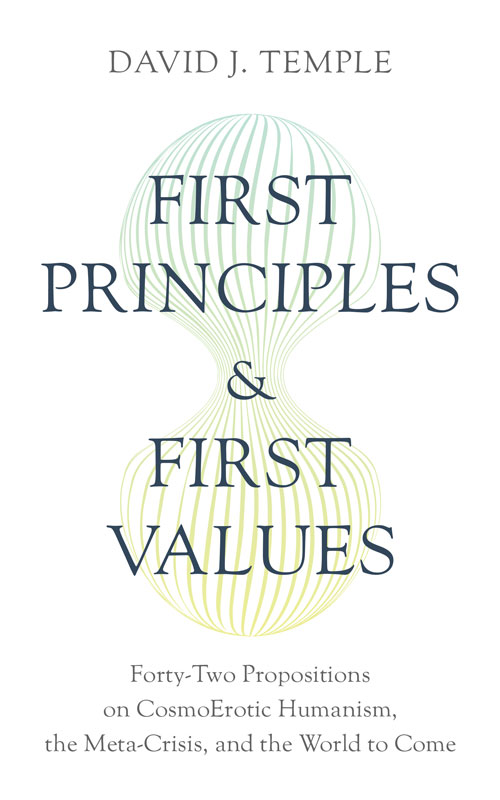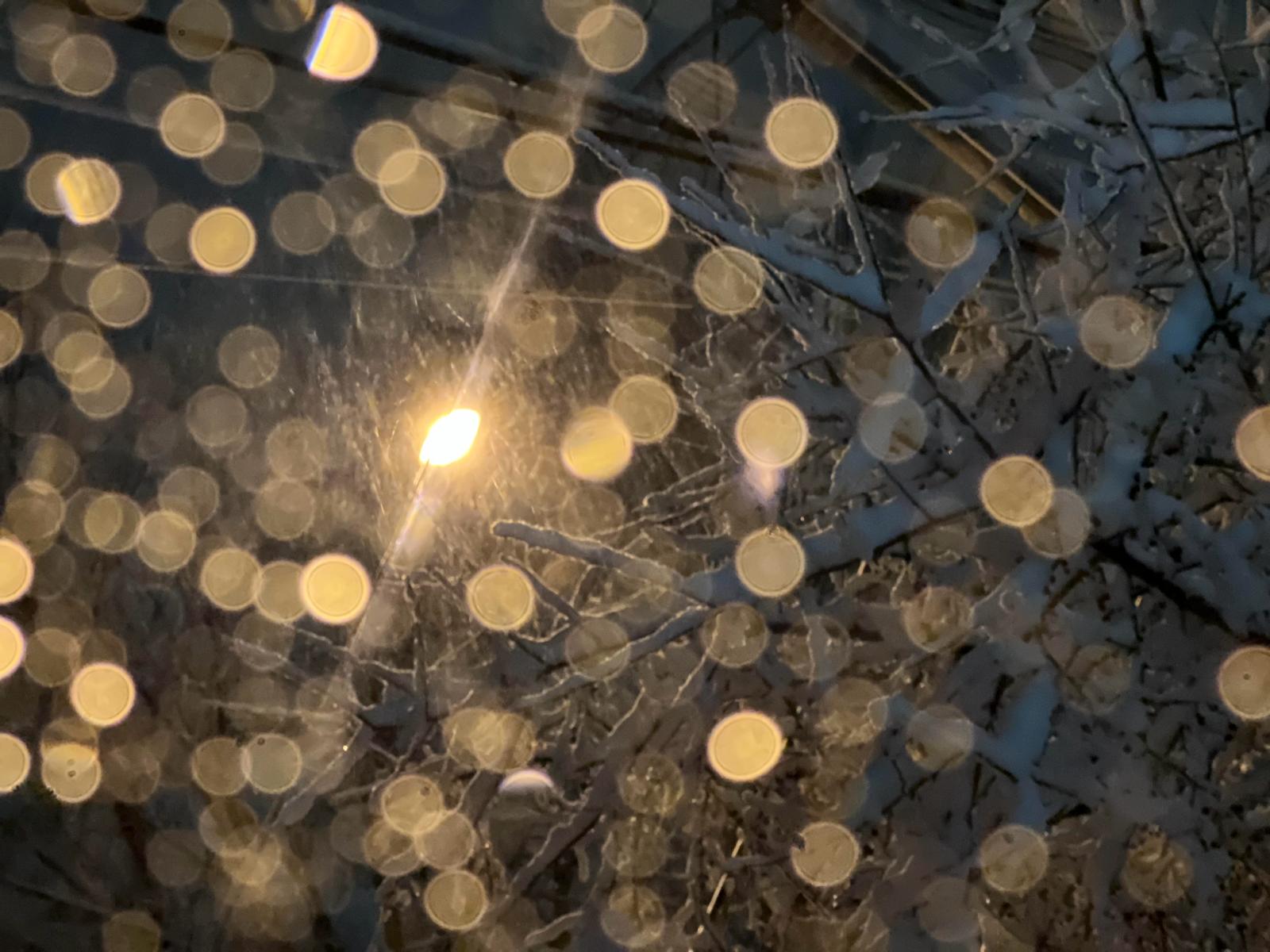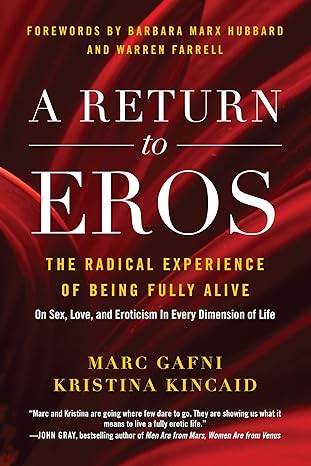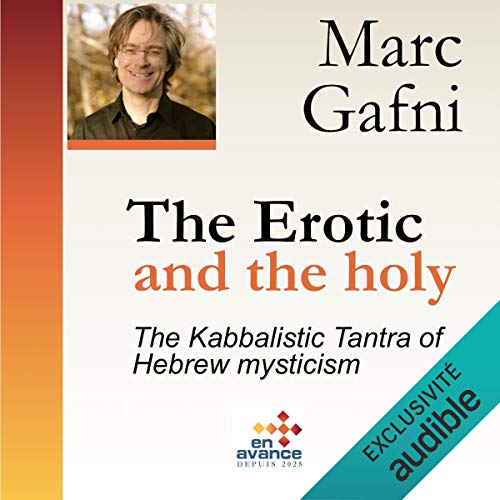First Principles and First Values with Dr. Marc Gafni and Sasha Lipskala
Enjoy this podcast with Dr. Marc Gafni featured on the Be Brave Podcast with Sasha Lipskala
Join Sasha Lipskaia in conversation with Dr. Marc Gafni.
Marc Gafni is one of the most inspiring and powerful spiritual teachers I know. — Sasha Lipskaia
In this podcast episode they dive deep into the nature of our humanity and the crisis we are in, as we are facing the existential risk of not only the potential death of humanity but also the potential death of our humanity. How we can respond to the meta-crisis and reclaim our hearts? Participate in this deep contemplation on what we must do to cross over to the other side, the side of Love, the side of the Goddess.
Enjoy this meaningful dialogue and reflection. Tune in to gain insights that have the power to completely reshape the understanding of our world and our unique role within it.
FIRST PRINCIPLES AND FIRST VALUES
Forty-Two Propositions on CosmoErotic Humanism, the Meta-Crisis, and the World to Come
AS THE META-CRISIS DEEPENS, THE FATE OF CIVILIZATION AND HUMANITY HANGS IN THE BALANCE.
First Principles and First Values is the tip of the spear in the fight for a humane future. Establishing frameworks for a new school of thought called CosmoErotic Humanism, the book is built around forty-two propositions that provide new source code for the future of planetary culture.
Like Europe in the early Renaissance, humanity is in a time between worlds, at a time between stories. First Principles and First Values contains blueprints for the bridge needed to cross from this world to the next.
“The position argued for in this book is of vital importance . . . it needs urgently to be read.”
IAIN McGILCHRIST, author of The Master and His Emissary




 Imagine walking into your place of worship – your local church, synagogue, mosque, or meditation center – to find that all of the usual adornments have been replaced with statues and pictures of sexually intertwined cherubs. Chances are, you’d be quickly taken aback.
Imagine walking into your place of worship – your local church, synagogue, mosque, or meditation center – to find that all of the usual adornments have been replaced with statues and pictures of sexually intertwined cherubs. Chances are, you’d be quickly taken aback.